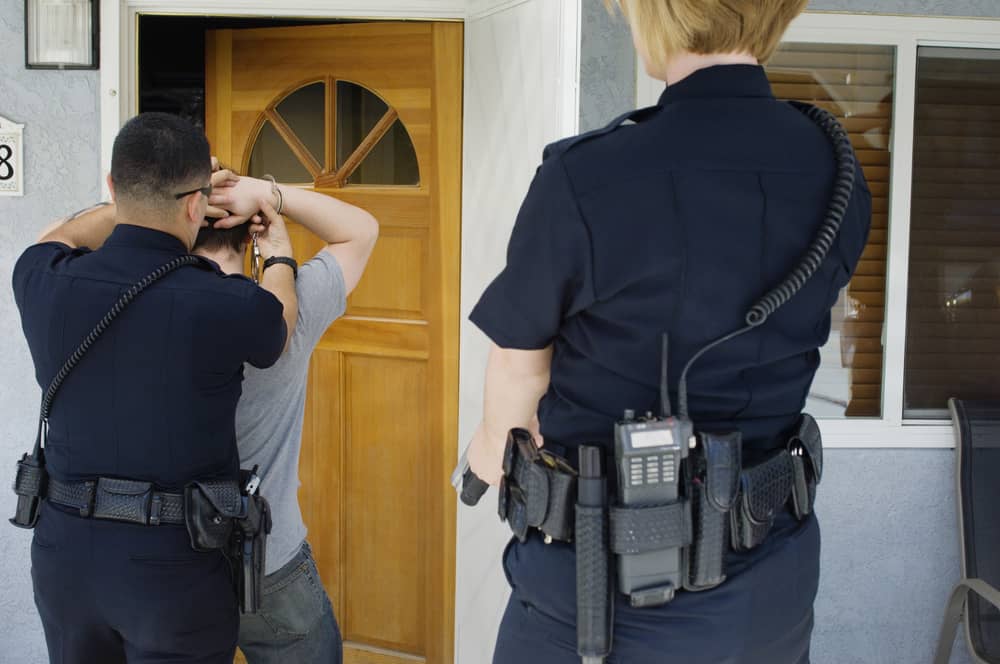
When Can Police Conduct a Search?
The Fourth Amendment to the Constitution prohibits the government from performing unreasonable searches and seizures of people and their property. Ultimately, this means that the government must have a valid explanation in order to inspect a citizen’s belongings. If police officers have consent, they can legally conduct a search.
A person may give authorities the permission, or consent, to search his home, vehicle or even himself. Police officers will generally ask a person for consent in situations where they do not have legal reason to search. In these scenarios, a person may decline the request because the officers do not have compelling reasons for inspection. A person must grant the consent freely and voluntarily in order for it to count. Under no circumstances, however, are the police required to inform a person that he has the right to refuse the search.
Search Warrants
If the police do not receive the consent to search a person’s property, they usually must file for an official search warrant. A search warrant is documentation from a court of law that allows the police to search particular premises. In order to be granted a search warrant, law enforcement officers must convince a judge or a magistrate that it is more likely than not that contraband will be found at the residence. The paperwork that is submitted to the judge must list specifically all the information that is known to the police, including the exact place to be searched and the alleged crime.
Once a judge issues a search warrant, the police may investigate a location without the consent of the owner. In addition to citizens’ homes, search warrants may be issued for businesses, cell phones and even personal computers.
Other Types of Searches
The police may search a person or place for a variety of reasons including, but not limited, to:
- Search incident to arrest
- Officers smell the odor of marijuana
- A police dog detects the presence of narcotics
- A vehicle’s contents are questionable
In some cases, authorities may search an area or a person if an emergency takes place. For instance, if an individual declares that he is carrying a bomb, the police may inspect his belongings in the interests of public good.
To discuss a police search as it relates to a specific case, chat with the Law Office of Brett A. Podolsky at 713-227-0087.